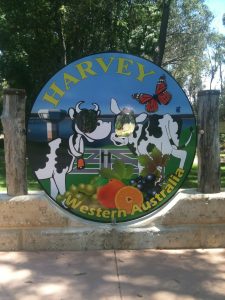
Community radio is important for a variety of reasons. It caters to the needs of local communities and plays a personal role in listeners’ lives. Local talent form close ties with listeners and help promote inclusion and access to information. The community radio format also gives local residents a voice and allows them to shape their environment. A new training manual from Right2Know explains the importance of community radio in today’s society.
Community radio stations must follow strict guidelines set by Ofcom. They are required to adhere to a number of ‘Key Commitments’. These commitments help ensure that community radio stations don’t cross the line into commercial radio territory. The majority of revenue generated by community radio stations comes from local advertising, grants, and donations. The majority of revenue is then invested back into operations, content creation, and station expansion. Community radio stations are governed differently in different countries.
In many countries, community radio programs have a social benefit that is often overlooked. For example, community radio can help disadvantaged communities in remote and rural areas to connect to the wider world. Moreover, community radio can help migrant populations build active citizenship and social inclusion. It can also create a rare public space for dialogue, breaking down stereotypes, and countering racism.
Community radio also allows rural people to interact with their local representatives. This allows communities to get involved in politics and to ask questions about service delivery. It is also an effective way to promote democracy and the rule of law. Many community radio programmes also promote human rights and other social causes. For example, in the Scottish town of Johnstone Sound, the radio station promotes local events, community events, and local community members.
Community radio also promotes local businesses. Political parties are not allowed to advertise on community radio, so local businesses are likely to benefit from increased exposure. This, in turn, increases the number of jobs in the community, helping people in the area to live better. The community radio format also informs people about issues affecting their communities, which makes the radio more effective in bringing people together.
People in rural areas must be informed about local issues in order to make informed decisions and make sure that local representatives are accountable. Community radio also helps people in developing countries get access to information about issues affecting their lives. Often, people in rural areas only get the news through word-of-mouth. As a result, they depend on literate members of the community to pass on information. By contrast, community radio can enable non-literate people to speak their minds without being edited or censored.
While community radio has been successful in the past, it still has a long way to go. Community radio advocacy continues to be an ongoing struggle, and it’s important that the next generation of activists keep up the fight.






